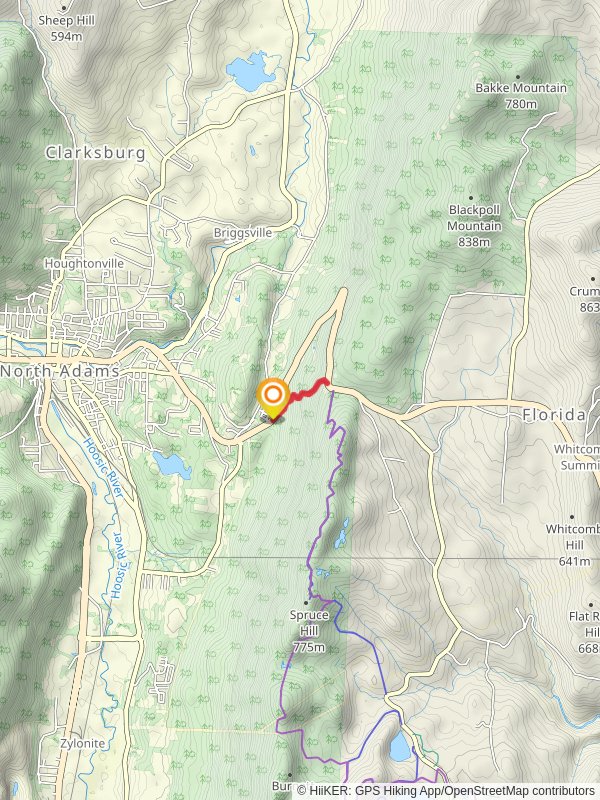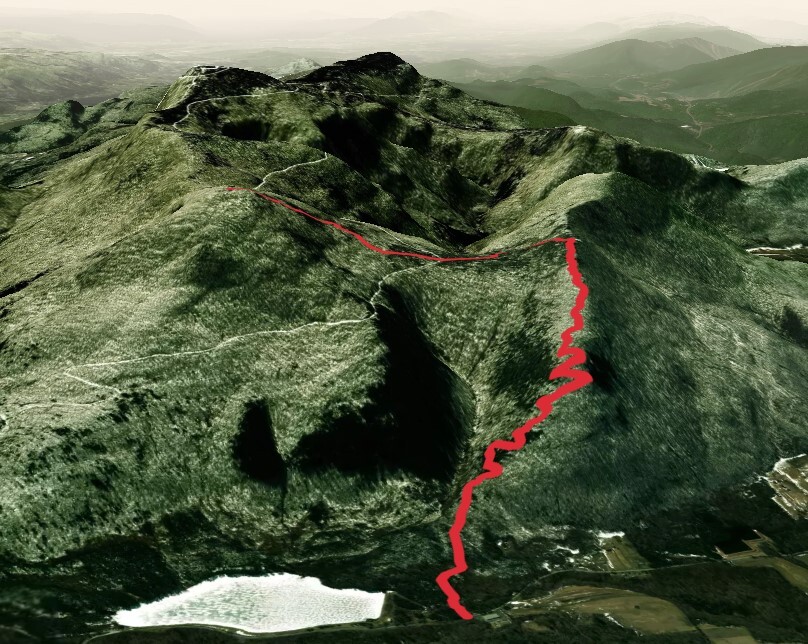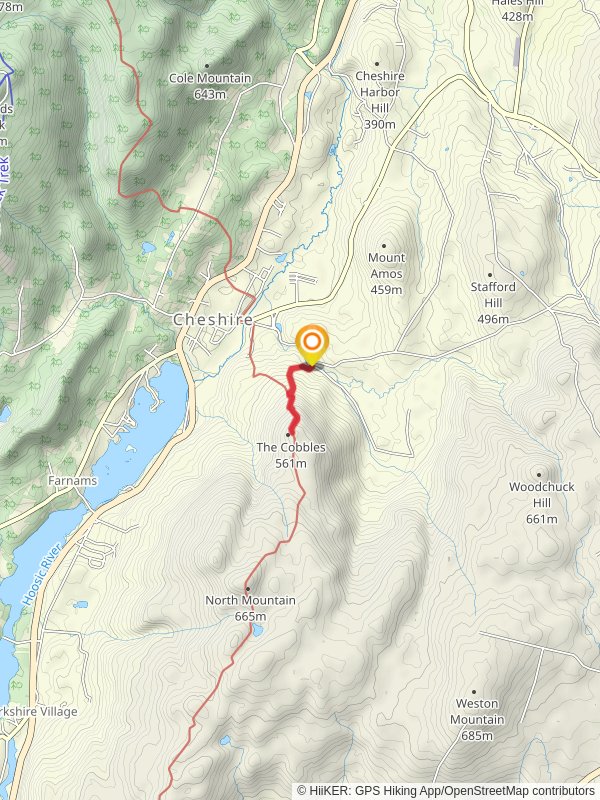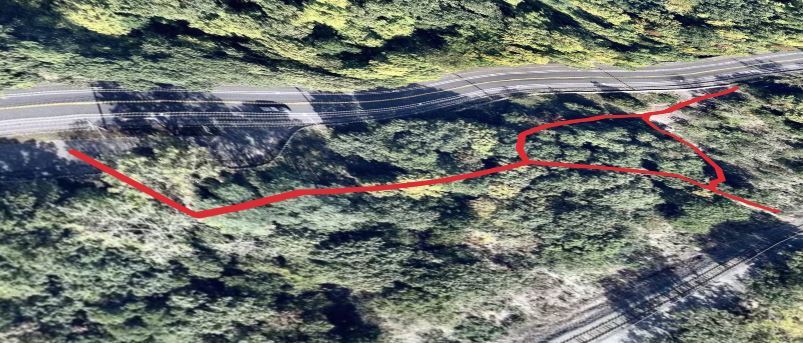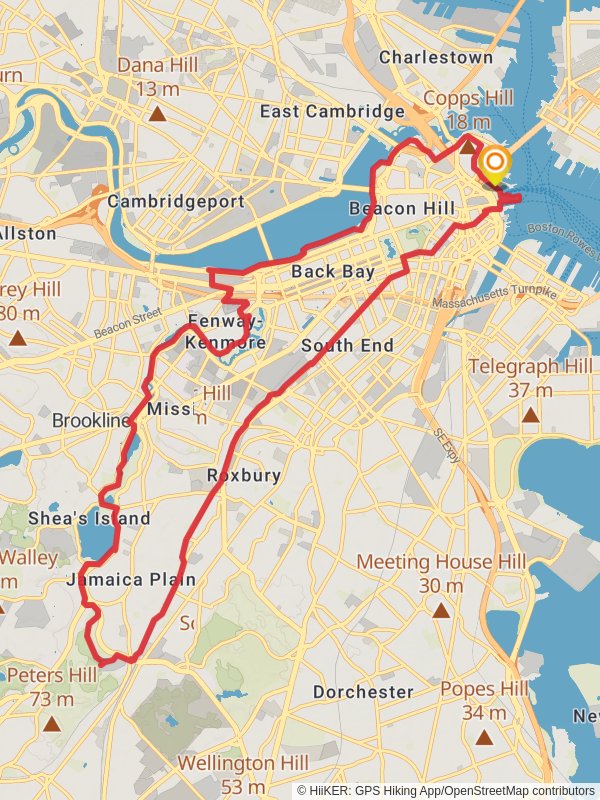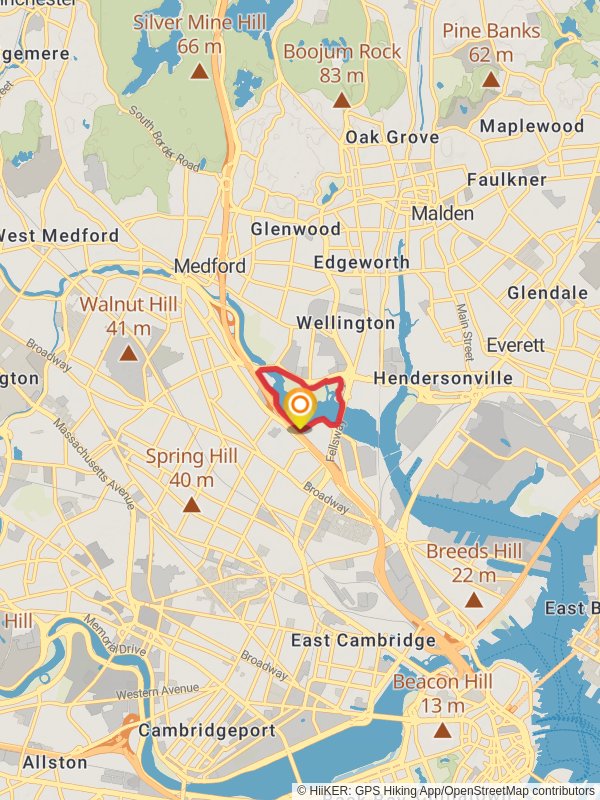Best extra difficult hiking trails in Massachusetts
Only the bravest need apply! These extra-difficult trails are not for the faint of heart...
Here are some great trails to explore in Massachusetts.
Most popular trails
Frequently asked questions

Massachusetts showcases a varied climate that shapes the hiking experience across seasons. Spring (March-May) offers cooler temperatures and budding vegetation, though trails can be muddy from snowmelt. Summer (June-August) presents warm, sunny days perfect for hiking, but hydration is crucial due to the heat.
Fall (September-November) is ideal for hiking with moderate temperatures and stunning fall colors. Winter (December-February) provides serene snowy landscapes for well-equipped hikers. Autumn is often recommended for the most comfortable hiking experience. Always check the weather before setting out. The Massachusetts Department of Conservation and Recreation (https://www.mass.gov/orgs/department-of-conservation-recreation) and the National Weather Service (https://www.weather.gov/) are excellent resources.

In Massachusetts, most hiking trails are open to the public without requiring permits. However, for certain activities such as camping or fishing, you may need a permit. To obtain permits and get further information, contact the Massachusetts Department of Conservation and Recreation (https://www.mass.gov/orgs/department-of-conservation-recreation).

Wild camping in Massachusetts is generally restricted to designated campgrounds within state parks and forests. Some areas may require a camping permit. To protect the natural environment, always follow Leave No Trace principles. For camping regulations and permit information, visit the Department of Conservation and Recreation's website (https://www.mass.gov/orgs/department-of-conservation-recreation).

In case of emergencies during hiking in Massachusetts, dial 911 to reach local authorities who will coordinate with the appropriate agencies for mountain rescue. The Massachusetts Department of Conservation and Recreation's Park Watch Program is also involved in rescue efforts. Visit their website for more information (https://www.mass.gov/orgs/department-of-conservation-recreation).

Hiking in Massachusetts, you'll find a variety of flora including oak, maple, and pine trees, along with a diverse array of wildflowers. Be aware of poison ivy, especially in wooded areas. For more on Massachusetts' flora, the Native Plant Trust's Go Botany website (https://gobotany.nativeplanttrust.org/) is a helpful resource.

Hikers in Massachusetts might encounter white-tailed deer, squirrels, and a variety of bird species. Be mindful of ticks and mosquitoes during the warmer months. Black bears are present, though encounters are rare. The Massachusetts Division of Fisheries & Wildlife (https://www.mass.gov/orgs/division-of-fisheries-and-wildlife) provides useful wildlife information.
More trails in Massachusetts
by difficulty
by type

